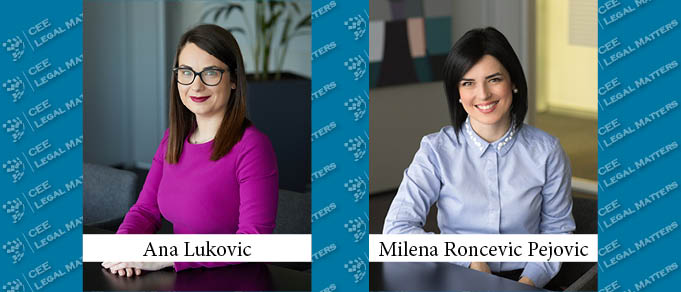Claims from Loan Agreements are generally secured by establishing a mortgage over a certain property on the basis of a Mortgage Agreement or a Pledge Statement.
Establishing a mortgage over the land for the purpose of securing a contractual claim for land on which an object will be constructed in the future represents a scenario that often occurs in practice. In these cases, the mortgage debtor often argues that the mortgage does not extend to the object, once it is constructed, while the mortgagee creditor often argues the opposite.
Competent Montenegrin courts took different approaches on this question, resulting in frequent reversals on appeal and cases being returned for retrial, until the Montenegrin Supreme Court issued a final ruling on the issue of mortgage extensiveness, giving guidance to lower courts.
According to the Supreme Court of Montenegro, if a mortgage is established on land on which an object or objects is/are subsequently constructed, even though the mortgage is not registered on those objects with the competent authority, the mortgage will extend to the newly-built objects. That means an established mortgage on the land extends to objects which are built on that land, in accordance with Art. 309 para. 2 of Montenegro’s Law on Ownership Rights. If the value of the land increases for the duration of the mortgage, the mortgage also applies to the improvement of the land.
Mortgage extension is the legal principle by which a mortgage extends to all improvements on and increases in the value of the land (or property in general) that occur after the mortgage is established, such as adaptations, upgrades, reconstructions, new plantings, and so on. The mortgage is related to the property and not to the person, so that where there is a change of ownership on the mortgage-burdened property, the mortgage continues to exists for the new property owner as well, since the same property represents the legal instrument for the initially-secured debt.
An ownership right to the land under the object cannot exist separately from the ownership rights to the object itself, so after the construction of the object and its appertaining geodetic registration, the mortgage extends to the object (and all of its parts), in accordance with the principle of mortgage extension.
A mortgage on a newly-built object is established by law, and any decision of the competent authority on mortgage registration has only declaratory significance, since it defines an already-existing legal situation. In essence, in the event of a dispute over the determination of the mortgage extension, the court would only be required to determine whether the mortgage exists in accordance with Article 309 para. 2 of the Law on Ownership Rights, and not whether mortgage was registered in the Land Registry. As, by definition, objects that are erected on land after a mortgage is registered could not have been included in that mortgage agreement, the value of the property is improved through the construction of new objects, and the mortgage is automatically transferred to all improvements of property.
To accept the opposite view – that a mortgage established on land does not extend to subsequently-constructed buildings on that land – would lead to an undermining of the legal (as well as economic) interests of the mortgage creditor, who, in accordance with the principle of mortgage extension, claims the right to establish a mortgage as an instrument of security over the newly-constructed object.
To conclude, in Montenegro, where land on which an object is constructed is burdened by mortgage, that mortgage extends to objects that are subsequently constructed on the land and registered in the Land Registry.
By Ana Lukovic, Head of Real Estate, and Milena Roncevic Pejovic, Head of Montenegro Practice, independent attorneys at law in cooperation with Karanovic & Partners
This Article was originally published in Issue 6.11 of the CEE Legal Matters Magazine. If you would like to receive a hard copy of the magazine, you can subscribe here.


